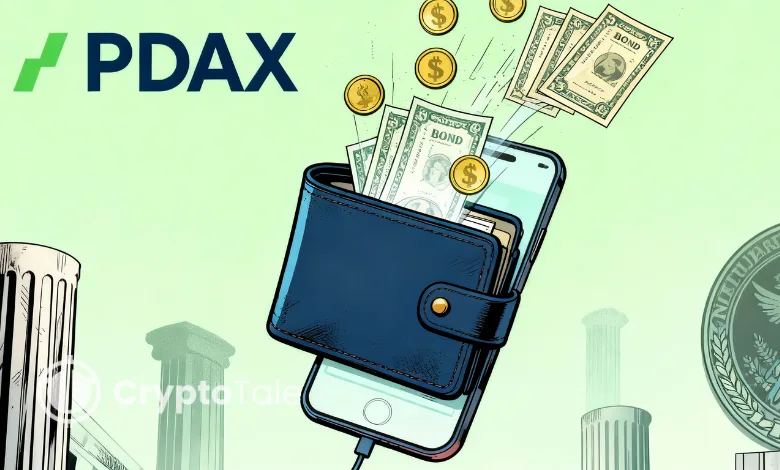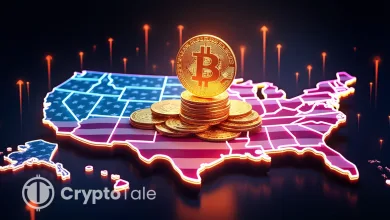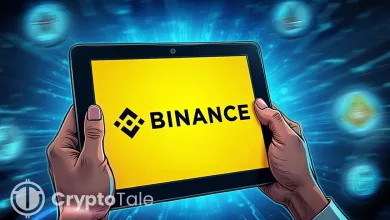Philippines Eyes $60B Boost From Asset Tokenization

- Tokenized bonds open new access for first-time investors using wallet-based channels.
- Digital wallets rise as gateways to government bonds and public market instruments.
- PDAX drives nationwide entry into tokenized markets with strong regulatory support.
The Philippines faces a $60 billion opportunity as a new white paper outlines how tokenized assets could reshape national capital markets. The document, released by PDAX, Saison Capital, and Onigiri Capital, states that millions of Filipinos may soon leapfrog traditional finance and access tokenized government bonds, equities, and mutual funds through their mobile wallets. It notes that the country’s strong digital adoption contrasts sharply with low ownership of conventional investment products.
Digital Wallet Strength Drives Market Readiness
At this moment, the ownership of cryptocurrencies accounts for 14 percent, which is significantly higher than the less than 5 percent ownership of stocks, bonds, or mutual funds. This divide indicates a community that is much more involved with digital instruments than conventional investment channels. According to Nichel Gaba, the founder and CEO of PDAX, blockchain wallets have become a common practice among people in the Philippines.
He said the required infrastructure already exists in the pockets of millions of Filipinos. He also stated that the task now involves linking wallets to regulated financial instruments. PDAX, GCash, Maya, and Coins.ph already integrate blockchain features that let users store crypto and tokenized assets without new distribution channels.
The white paper estimates a tokenization opportunity reaching $60 billion by 2030. Public equities are projected at $26 billion, while government bonds may reach $24 billion. Mutual funds could account for $6 billion, with $4 billion expected from other assets.
Government Bond Access Expands Through Tokenization
Tokenized bond offerings through PDAX and GCash reduced the minimum investment to 500 pesos. This change allowed first-time investors from remote regions to enter the market. Nearly half of all government bond account holders now use tokenized instruments.
The Bureau of the Treasury’s partnership with PDAX and GCash appears as a core case study in the report. Philippine Treasurer Sharon Almanza said the initiative placed government bonds directly into the hands of millions. She described the approach as a major step toward broader financial participation.
The partnership demonstrates how tokenization can support deeper engagement with government securities. It also shows how mobile wallets help simplify investment processes for new users. With digital familiarity rising, these products may see continued adoption across multiple age groups.
Related: Philippines Adopts Blockchain After Mass Corruption Protests
Regulatory Structures Support Scaled Adoption
The Bangko Sentral ng Pilipinas (BSP) controls the Virtual Asset Service Provider (VASP) regulations, while the Securities and Exchange Commission (SEC) supervises the Crypto Asset Service Provider (CASP) rules. The new regulations set the bar for various providers, as tokenized goods must be marketed nationwide.
PDAX is based on these rules by adhering to a compliance-first approach. This system not only allowed the exchange to introduce tokenized retail treasury bonds but also to do so under regulatory supervision. Now that the basic structures are ready, the next step would be tokenized funds, stocks, and credit products.
PDAX has also become a major entry point for users involved in digital assets. The platform links mobile wallets with evolving capital-market services. It now serves as a connector between everyday financial interfaces and the nation’s asset-tokenization roadmap. As tokenization accelerates, one central question remains: How quickly can widespread mobile-wallet adoption translate into large-scale investment participation?




